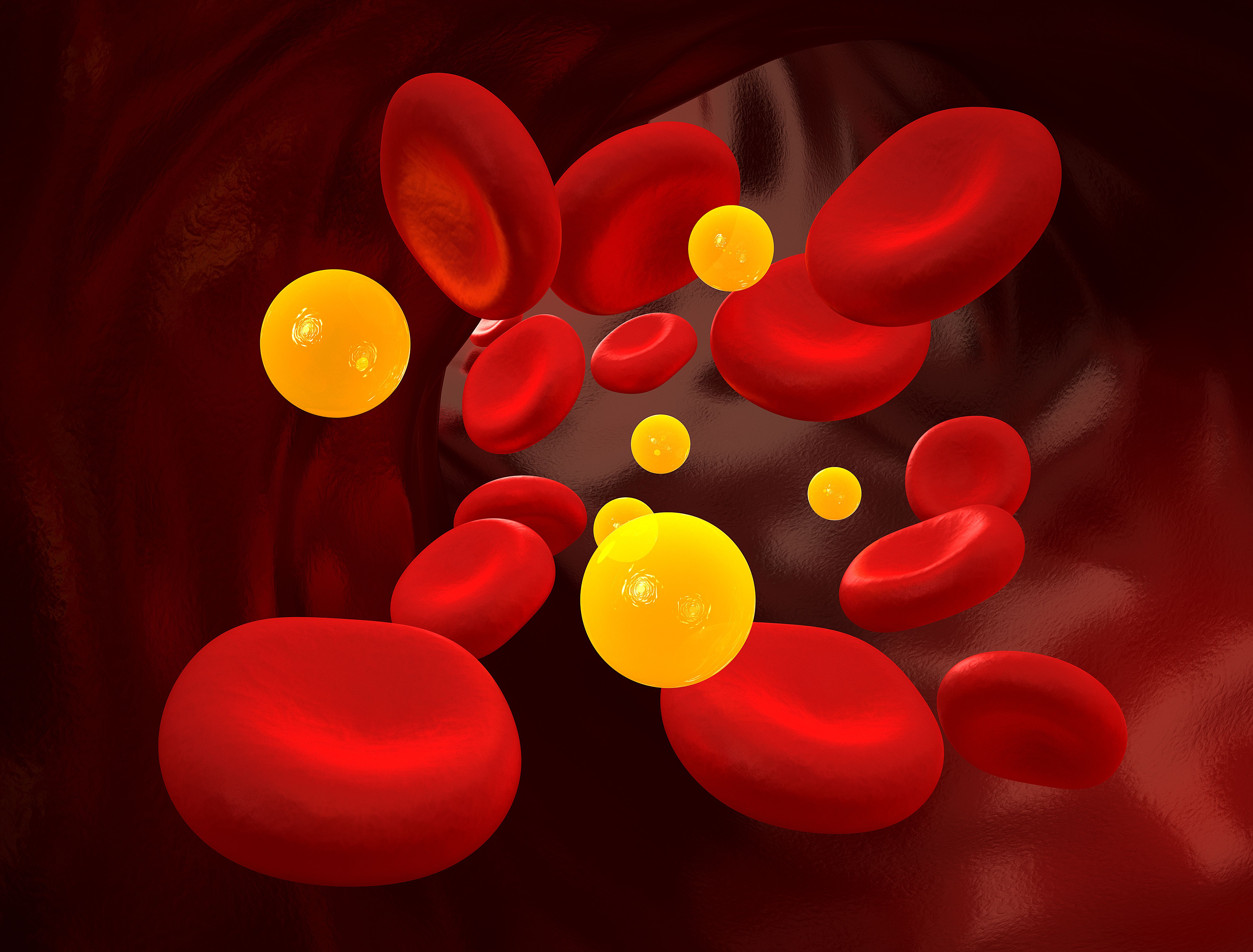Article
No Pass for Red Meat Report
Leading experts on nutrition and diabetes are recommending that patients still continue to follow current nutritional recommendations by the American Diabetes Association and other healthcare and governmental organizations that recommend consuming a diet rich in fruits and vegetables, while limiting red and processed meats.
(©Minerva Studio, AdobeStock)

Leading experts on nutrition and diabetes are recommending that patients still continue to follow current nutritional recommendations by the American Diabetes Association and other healthcare and governmental organizations that recommend consuming a diet rich in fruits and vegetables, while limiting red and processed meats.
The group, led by Frank B. Hu, M.D., Ph.D., of the Harvard T.H. Chan School of Public Health, outlined these recommendations in a newly published article in Diabetes Care in response to a study published in November that suggests restricting red meat from diets may have no effect on cardiometabolic outcomes and cancer incidence/mortality.
The study, by the research nutrition group NutriRecs and published in November in the Annals of Internal Medicine, has a number of significant flaws, Dr. Hu and colleagues found. While NutriRecs stated there is "low certainty" of evidence linking red meat consumption to adverse health outcomes, Dr. Hu and colleagues cited numerous studies that highlight poor outcomes.
"The 'dietary guideline recommendations' by the NutriRecs consortium suffer from multiple methodological limitations and involve misinterpretations of nutritional evidence. These recommendations are not justified by current evidence and have led to considerable confusion among health professionals and the general public," Hu et al. wrote. "These recommendations are not justified, in large part because of the flawed methodologies used to review and grade nutritional evidence. Based on the cumulative evidence, the majority of existing dietary guidelines, including the Dietary Guidelines for Americans 2015–2020, recommend dietary patterns relatively low in red and processed meats and high in minimally processed plant foods. Similarly, a consensus report of the American Diabetes Association recommends multiple dietary patterns for preventing and managing T2D, most of which emphasize modest or no consumption of red or processed meats."
In October, the Washington Post reported that the authors of the NutriRecs report failed to disclose associations with the meat industry.
REFERENCES:
Frank Qian, Matthew C. Riddle, Judith Wylie-Rosett and Frank B. Hu. "Red and Processed Meats and Health Risks: How Strong Is the Evidence?" Diabetes Care. February 2020. https://doi.org/10.2337/dci19-0063





